You have not yet added any article to your bookmarks!

Join 10k+ people to get notified about new posts, news and tips.
Do not worry we don't spam!

Post by : Anis Farhan
Malaysia is one of the few countries in the world with a rotating constitutional monarchy, a system that blends tradition with modern governance. While the Yang di-Pertuan Agong (King) and state sultans largely hold ceremonial power, royal traditions continue to permeate Malaysian society. From governance protocols to cultural ceremonies and social expectations, the monarchy plays a subtle but enduring role in shaping the nation’s identity. Understanding these traditions is crucial for anyone seeking to grasp the cultural fabric of Malaysia.
The monarchy in Malaysia traces back centuries, long before the country’s independence in 1957. Each state with a sultanate—such as Johor, Perak, and Kelantan—maintains its own royal family, with hereditary succession rules and unique customs.
The federal monarchy is a rotating system where nine sultans elect the Yang di-Pertuan Agong every five years. This system ensures that power and prestige are shared among states, reflecting Malaysia’s complex regional and cultural composition. Beyond ceremonial duties, royal families historically acted as custodians of Malay culture, law, and religion.
While the Malaysian constitution limits the monarch’s political authority, royal traditions still influence governance. The King’s formal approval is required for parliamentary sittings, the appointment of the prime minister, and the proclamation of elections.
State sultans retain similar ceremonial powers within their jurisdictions, including approving state laws, issuing pardons, and presiding over state religious matters. Even though real political decisions lie with elected officials, the monarchy’s symbolic authority reinforces societal respect for governance, law, and order.
Royal families play a central role in preserving Malay culture and Islamic traditions. Ceremonial events—such as coronations, weddings, and religious festivals—are steeped in centuries-old rituals. These occasions are not only spectacles but also reinforce a shared sense of identity and continuity.
For example, the Khatam Al-Quran ceremony during Ramadan, often attended by sultans, underscores the link between monarchy and religion. Traditional court etiquette, ceremonial attire, and protocol continue to influence public events, ensuring that Malaysian society maintains a strong connection to its historical roots.
Malaysian royalty has historically supported arts, literature, and education. State-funded museums, cultural centers, and royal scholarships often owe their existence to the patronage of sultans.
Through these initiatives, traditional crafts, classical music, and local literature are preserved and promoted. Contemporary Malaysian artists also gain recognition through royal endorsement, blending modern creativity with traditional cultural values.
Royal traditions influence Malaysian society beyond ceremonies and culture. Protocols, titles, and hierarchical structures derived from monarchy shape social interactions. Respect for elders, deference to authority, and observance of etiquette are reinforced through the ceremonial presence of royalty in public life.
Moreover, royal endorsement of charitable programs, disaster relief, and community initiatives helps promote social cohesion and civic responsibility. The monarchy’s role in shaping social norms may be subtle but remains significant.
Malaysia faces the challenge of modernizing while preserving royal traditions. Urbanization, globalization, and exposure to Western values put pressure on the monarchy to remain relevant.
However, royal families have adapted, participating in social media campaigns, public welfare programs, and educational initiatives. By modernizing their engagement while retaining ceremonial gravitas, Malaysian royalty continues to maintain cultural relevance without compromising tradition.
Surveys indicate that Malaysians generally respect the monarchy, especially for its role in cultural preservation and ceremonial functions. While political influence is limited, royal families command symbolic authority that resonates with the public across ethnic and social lines.
Events such as national day celebrations, royal investitures, and Islamic festivals often draw large crowds, highlighting the monarchy’s continued popularity. Even in a rapidly modernizing society, the ceremonial presence of royalty provides continuity and a sense of stability.
Compared to constitutional monarchies in Europe, Malaysia’s system is unique due to its rotating kingship and deep integration with Islamic traditions. While European monarchs primarily focus on ceremonial and charitable functions, Malaysian sultans also play active roles in religious and cultural preservation.
In Southeast Asia, Malaysia’s monarchy stands out as a unifying institution in a multi-ethnic and multi-state federation, balancing tradition with modern governance more effectively than many peers.
Despite its enduring influence, the Malaysian monarchy faces challenges:
Modernization Pressure: Younger generations may prioritize meritocracy over ceremonial hierarchy.
Transparency and Accountability: While largely symbolic, royal expenditures and privileges are scrutinized in an era of public transparency.
Relevance in Daily Life: Maintaining public interest and engagement requires continual adaptation to social and cultural shifts.
Royal families must navigate these challenges carefully to maintain their role as cultural and symbolic leaders without appearing disconnected from contemporary society.
Looking ahead, royal traditions are likely to remain a vital component of Malaysian society, albeit in modernized forms. The monarchy will continue to influence cultural preservation, public ceremonies, and civic engagement.
Digital platforms, public welfare projects, and education initiatives provide opportunities for royal families to maintain relevance and broaden impact. By balancing ceremonial grandeur with practical contributions, Malaysia’s monarchy can remain a bridge between past and present, ensuring continuity while adapting to the needs of a modern nation.
This article is for informational purposes only and reflects general insights into Malaysian royal traditions. It does not constitute political analysis or legal advice. Readers should consult official sources for detailed information on governance and ceremonial protocols.
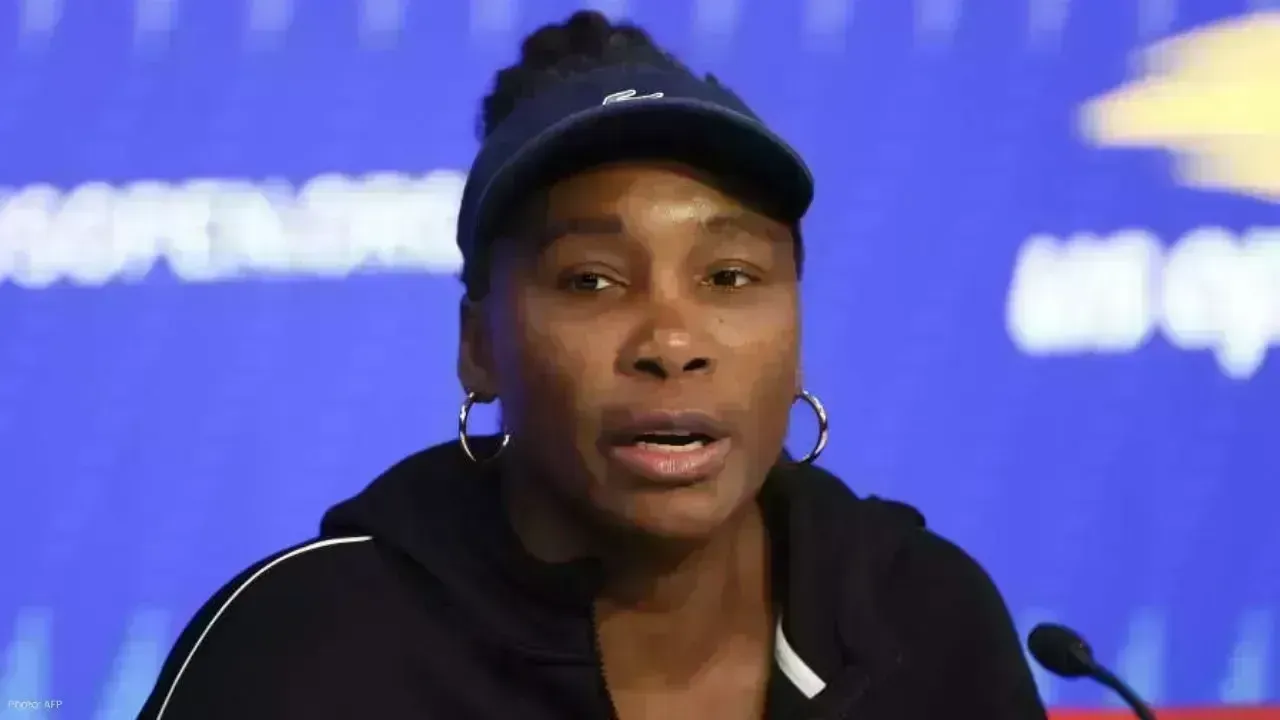
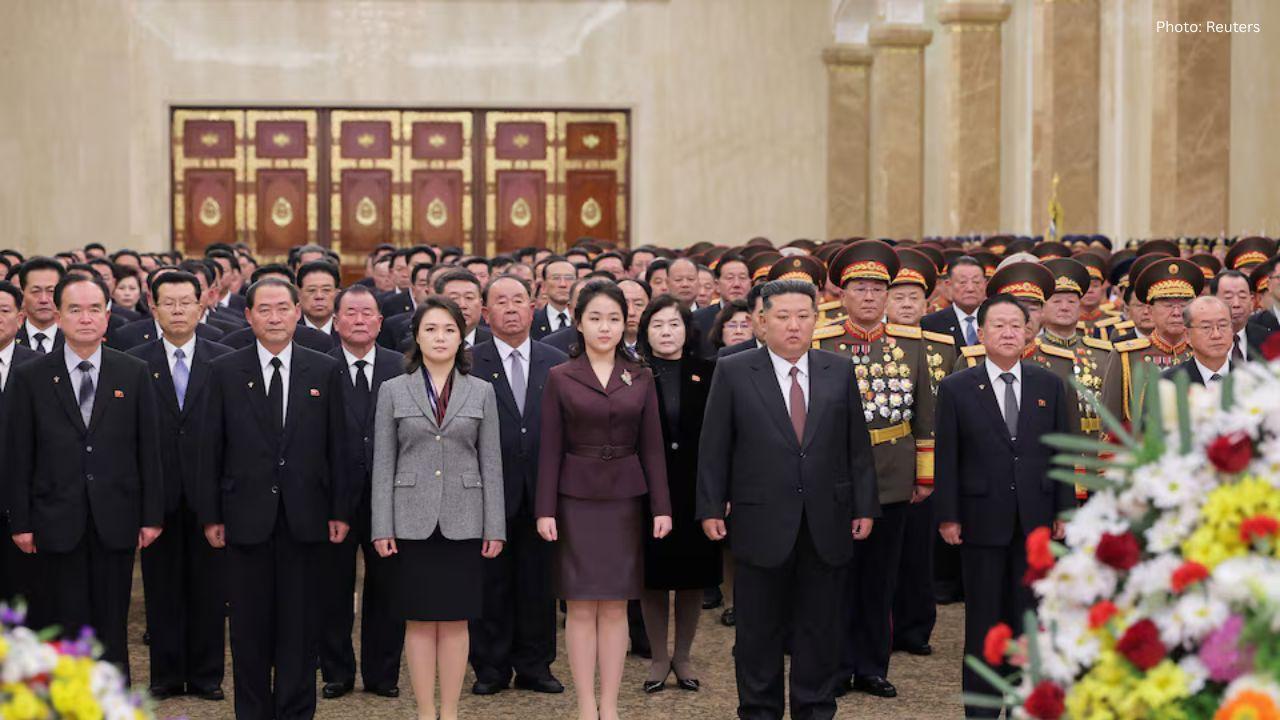
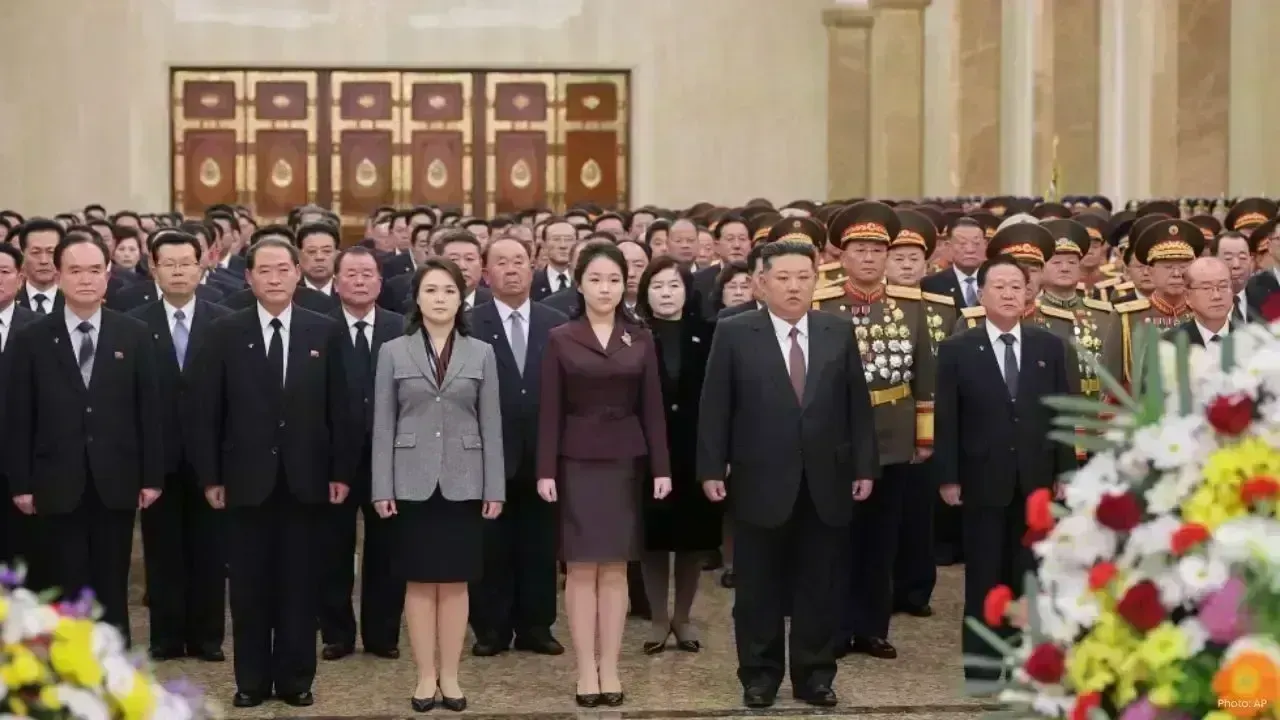

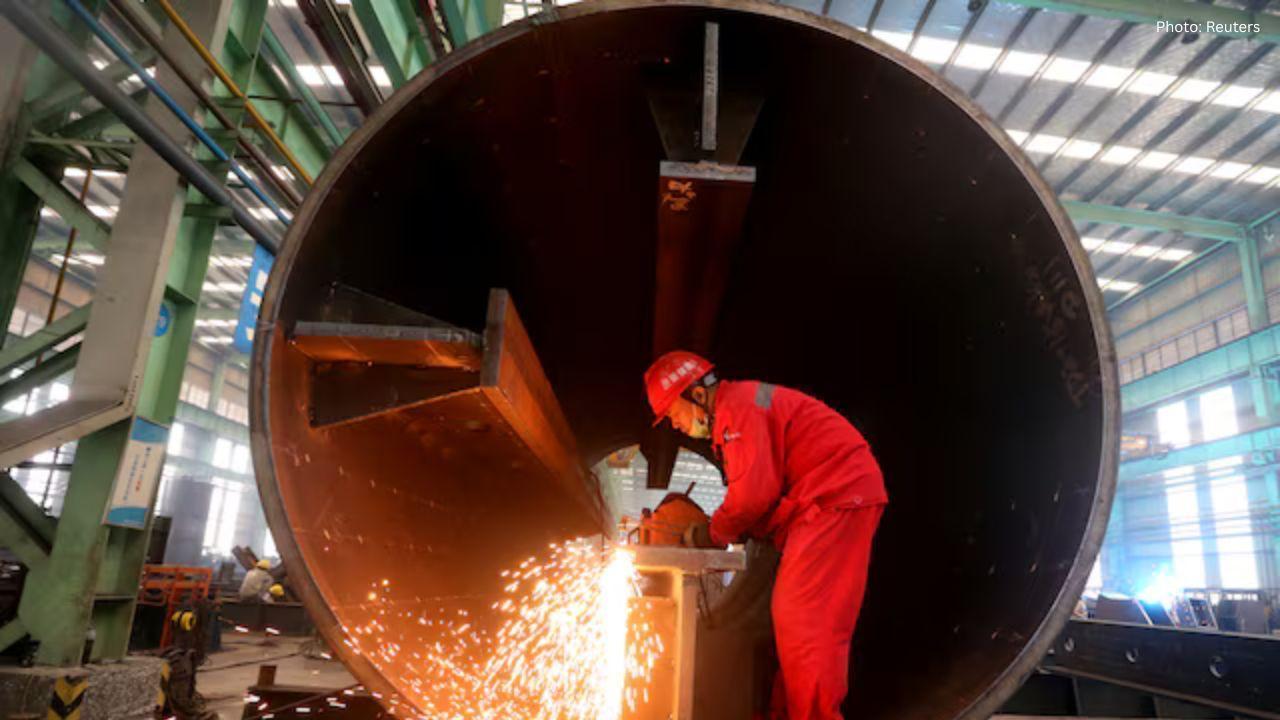

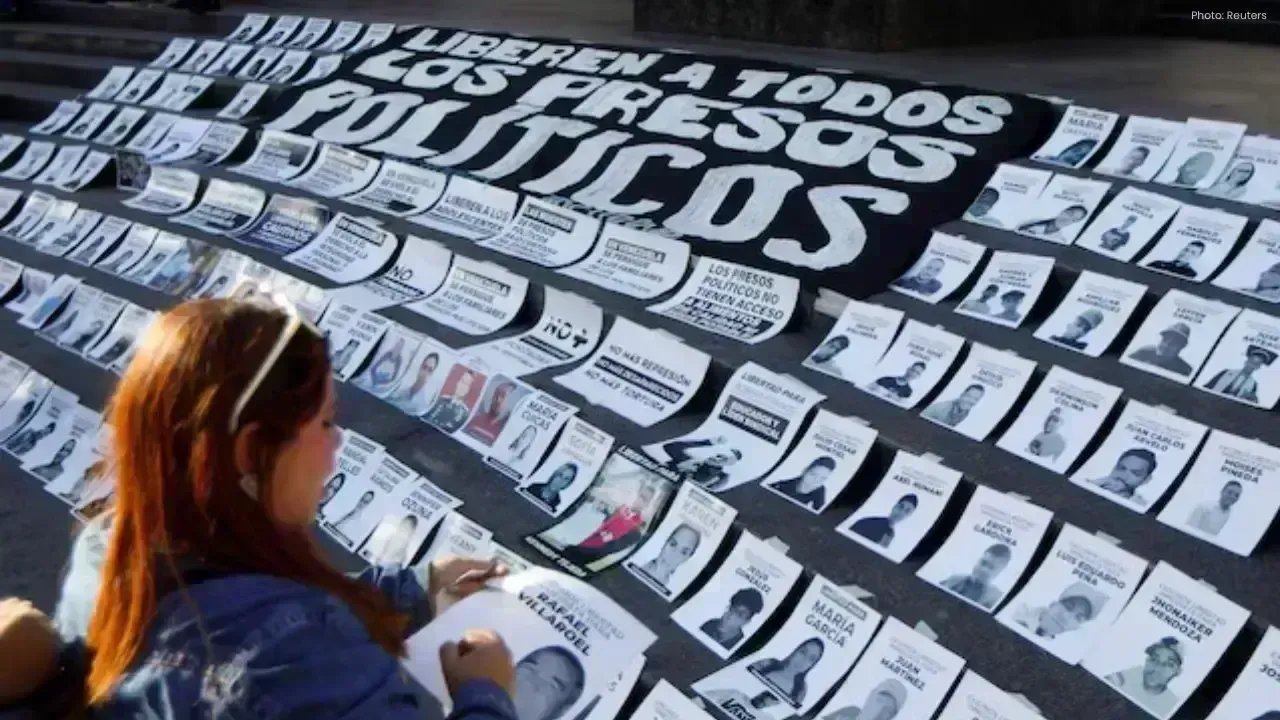



Ashes Failure Puts Brendon McCullum Under Growing England Pressure
England’s Ashes loss has sparked questions over Bazball, as ECB officials review Test failures and B
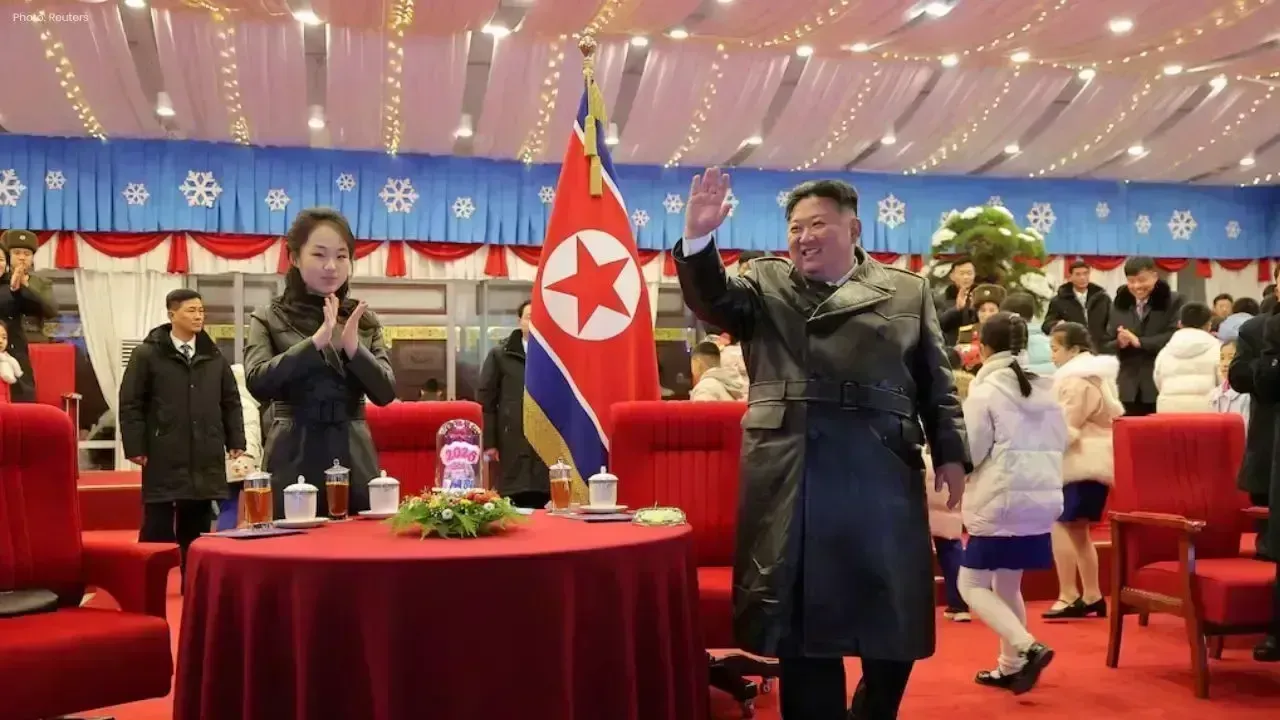
Kim Jong Un Celebrates New Year in Pyongyang with Daughter Ju Ae
Kim Jong Un celebrates New Year in Pyongyang with fireworks, patriotic shows, and his daughter Ju Ae

Dhurandhar Day 27 Box Office: Ranveer Singh’s Spy Thriller Soars Big
Dhurandhar earns ₹1117 crore worldwide by day 27, becoming one of 2026’s biggest hits. Ranveer Singh
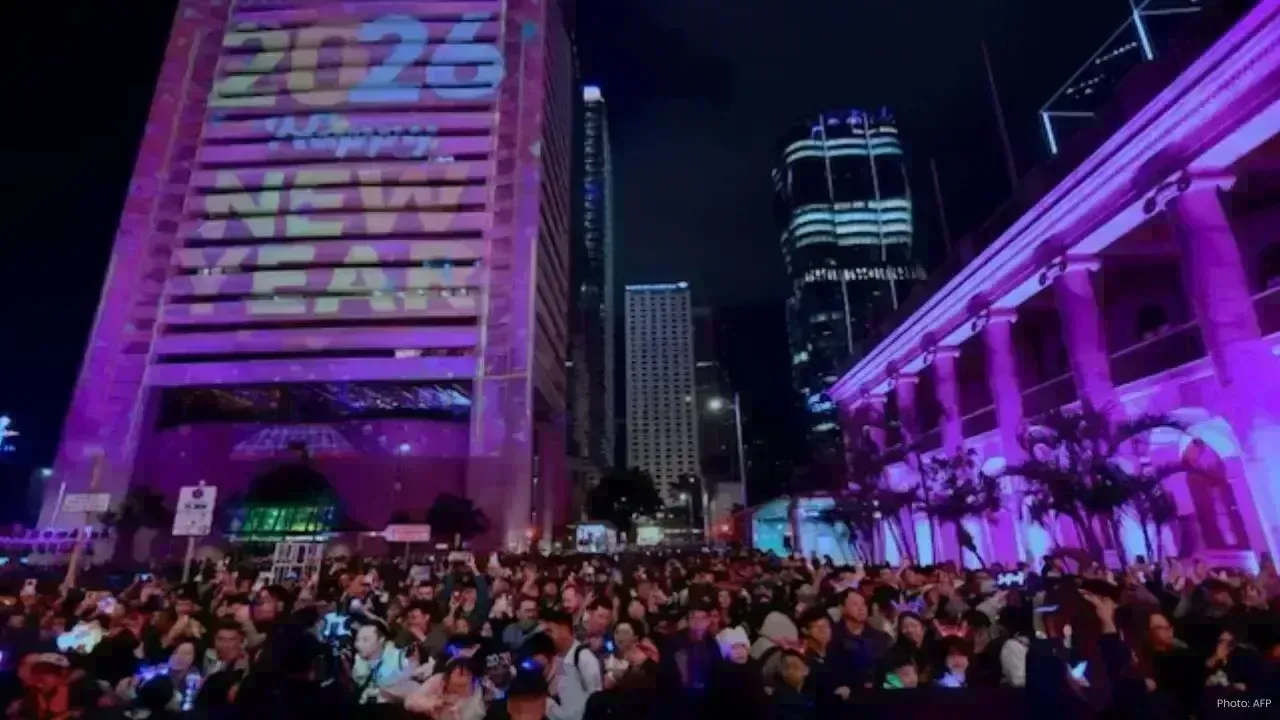
Hong Kong Welcomes 2026 Without Fireworks After Deadly Fire
Hong Kong rang in 2026 without fireworks for the first time in years, choosing light shows and music

Ranveer Singh’s Dhurandhar Hits ₹1000 Cr Despite Gulf Ban Loss
Dhurandhar crosses ₹1000 crore globally but loses $10M as Gulf nations ban the film. Fans in holiday

China Claims India-Pakistan Peace Role Amid India’s Firm Denial
China claims to have mediated peace between India and Pakistan, but India rejects third-party involv